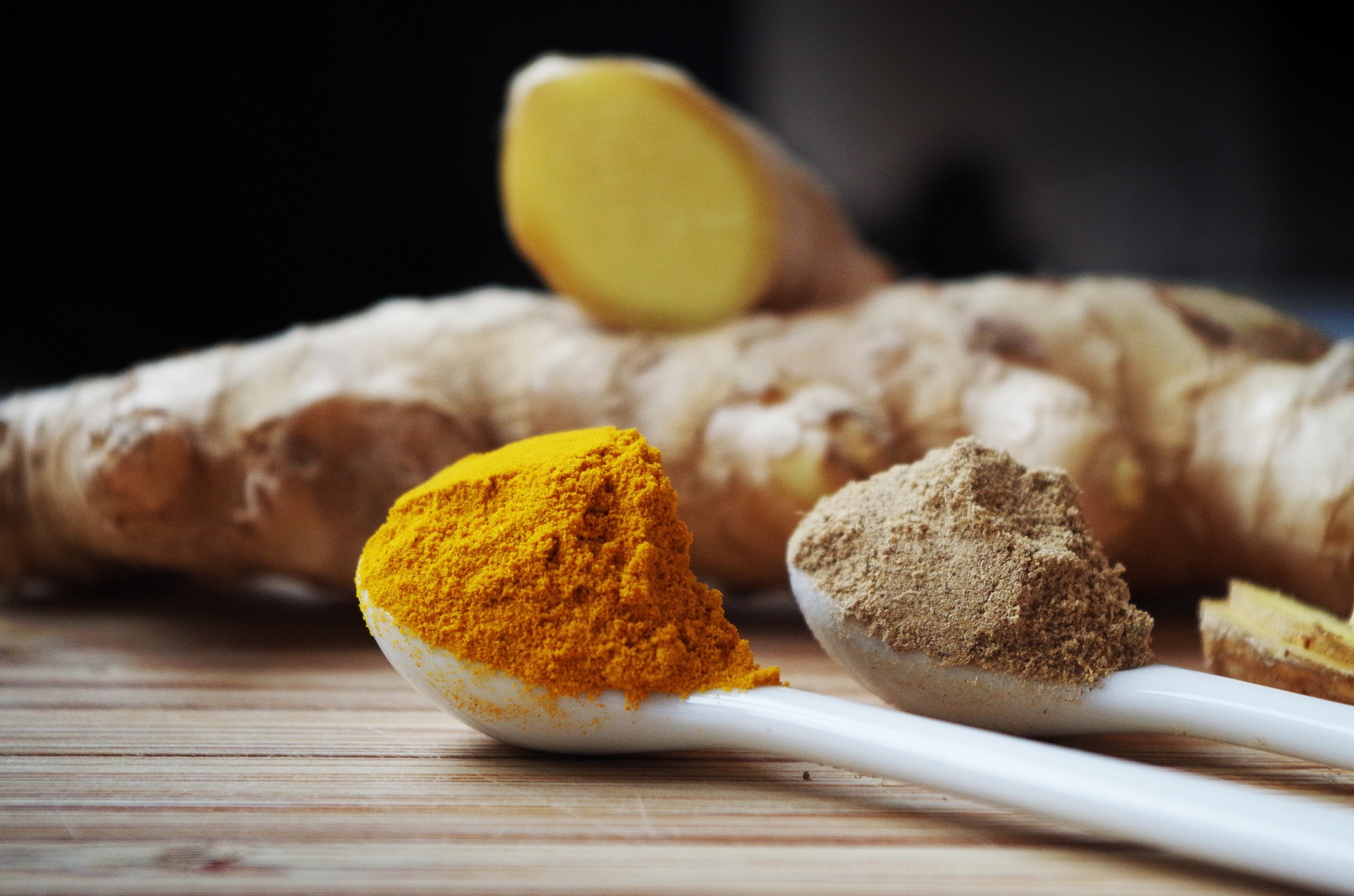
Image credit: Vegan Liftz
An Asian culinary spice often used in Indian cuisines, turmeric gives curries their distinctive tang and makes American mustard yellow. It becomes a breakout ingredient when popularity in herbal remedy soars and its purported anti-inflammatory, antioxidant and anti-cancer effect come to light. But, even with growing research and pieces of evidence touting its health benefits, it is still too soon to label it a wonder herb.
COMING INTO LIMELIGHT
In 2016, Google’s Food Trends report called Turmeric a ‘breakout star’ ingredient as the searches rose by 56 percent. This peppery spice has joined the rank of superfoods, having seen a strong following in not just Asian countries like Singapore but also Australia, United Kingdom and the United States. It was added or used as a highlight in food and drinks ranging from meat to the sauce mixture that marinates satay, and to latte and tea.
According to Ms Sarah Shamila, the manager of Nutrition and Dietetics Department, curcumin is the active ingredient and mainstay responsible for turmeric’s touted health benefits. Studies have demonstrated that it is a potent antioxidant, helping to neutralise harmful free radicals in the body while boosting the activity of antioxidant enzymes. This two-pronged approach will prove powerful if it can exert similar activity in a human body.
Its rise to popularity stems from its purported usefulness in the fight against numerous diseases, including cancers, high cholesterol level, Alzheimer’s disease and arthritis, among others.
FIGHTING CANCER
While there exists more than 200 studies on turmeric (or its active ingredient, curcumin) and its impact on cancers, many of them are done in vitro (in a lab), on animals or a small sample of population. Among these studies, a few promising human trials have stood out. One example was when patients with colorectal cancer were given oral curcumin during the presurgery waiting period, which led to reduced body weakness and improved constitution.
Adding to it, a report by Cancer Research UK also discovered lower cancer rates among people who consumed on a daily basis about 100 to 200 milligrammes of curcumin on a daily basis for an extended period. It is believed curcumin fights cancers by inhibiting their growth and reducing inflammation.
While promising, in a Strait Times article last year, Ms Shamila, who was interviewed, has said that results on the cancer-fighting properties of turmeric are still inconclusive. Those that have shown positive results will need furthe reviews and support as they are mostly done either in vitro (in a lab), on animals or a small sample of population. It is advised turmeric can at most, be a supportive treatment in a patient’s fight against certain cancers, subject to the doctor’s approval and strict observation.
EFFECTIVE AGAINST DISEASES
Given its anti-inflammatory and antioxidant properties, turmeric has shown positive effects against other crippling diseases. One such disease is Alzheimer’s disease, a neurodegenerative condition that causes people to develop dementia (severe memory loss). In a preliminary study, curcumin has shown the ability to free protein tangles called Amyloid plaques, which is an essential aspect of Alzheimer’s disease.
Another study has found association between curry consumption and better mental performance, believing the high amount of turmeric confers the benefit. But similar to the above verdict, turmeric cannot be recommended as a treatment mainstay at this point.
Turmeric is also used to relieve pain, stiffness and inflammation of rheumatoid arthritis, with small clinical trials comparing Turmeric to non-steroidal anti-inflammatory drugs and determining them to have similar effectiveness. This makes it a popular remedy and spice for older people, to consume, and who have a higher chance of being afflicted with arthritis.
If you have arthritis as well, you can consider adding turmeric to your diet to see if it helps. It has to be consumed daily over a period for any therapeutic effect to emerge.
A CAUTION TO HEED
Just because turmeric is regarded as a good spice and rich in antioxidants, not everyone can just take it. Ms Shamila warns that turmeric, like other herbs out there, is known to cause contact dermatitis in rare individuals. It is also not suitable for people who are currently on blood thinning medication, as it can magnify the effect of the drug’s anti-coagulating effect.
People with gallbladder problems should avoid it as well as turmeric can induce gallbladder contraction, aggravating the condition and creating pain, while people with current stomach issues should seek a doctor’s opinion before increasing turmeric intake. If you are uncertain about adding a new herb to your diet, check with your doctor first. He or she can assess your suitability and make recommendations accordingly.
As a final piece of advice, Ms Shamila also says, “There’s no ideal way to consuming turmeric but it may be better to take it as part of a meal to increase absorption. Also, taking it as part of a meal offers a complete diet, which gives it better health protection than supplementing specific nutrients”.
Click here to learn more about our Nutrition and Dietetic services.
This article is taken from our My Alvernia Magazine Issue #29. Click here to read the issue on our website or on Magzter.